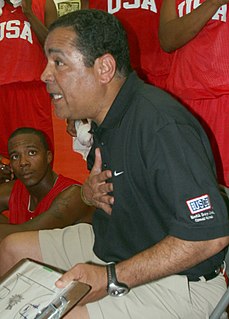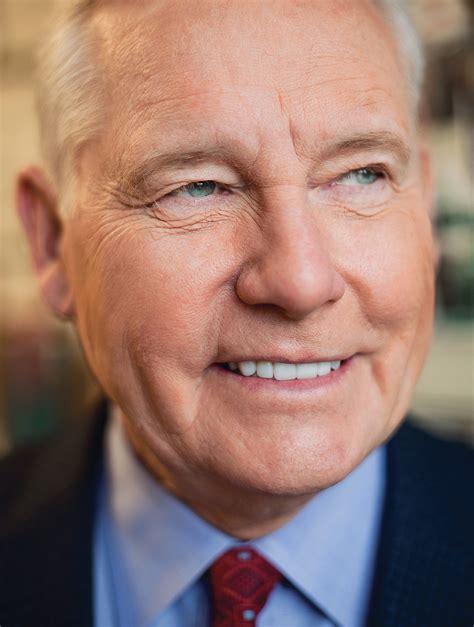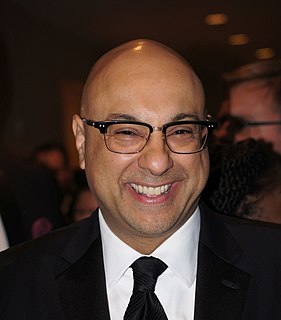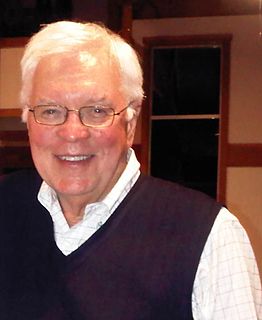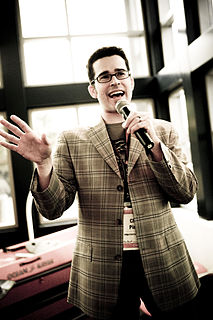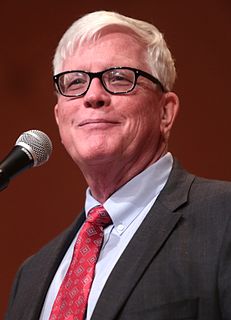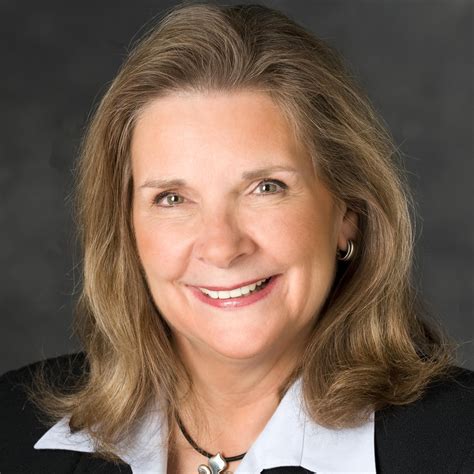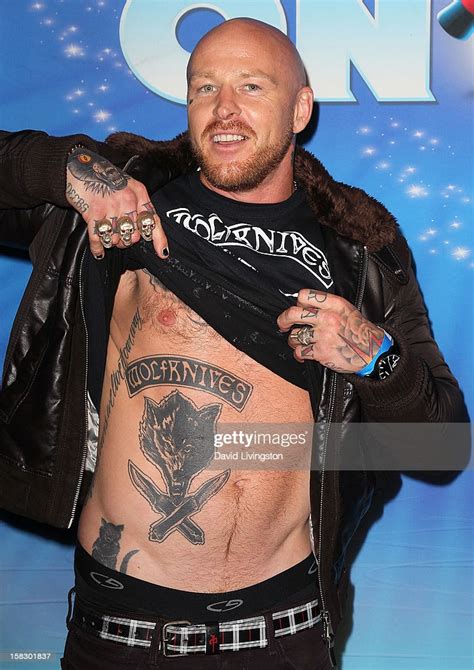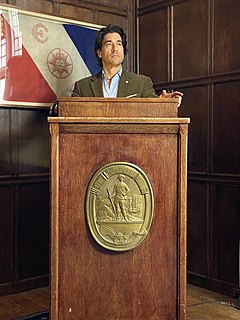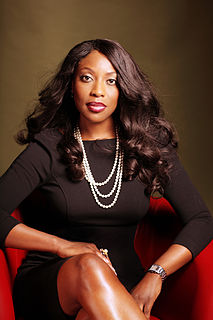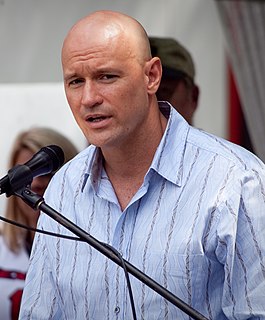A Quote by Bryan Fischer
Many of the tribal reservations today remain mired in poverty and alcoholism because many native [sic] Americans continue to cling to the darkness of indigenous superstition instead of coming into the light of Christianity and assimilating into Christian culture.
Related Quotes
Many teachers of the Sixties generation said "We will steal your children", and they did. A significant part of America has converted to the ideas of the 1960s - hedonism, self-indulgence and consumerism. For half of all Americans today, the Woodstock culture of the Sixties is the culture they grew up with - their traditional culture. For them, Judeo-Christian culture is outside the mainstream now. The counter-culture has become the dominant culture, and the former culture a dissident culture - something that is far out, and 'extreme'.
I have four relatively small children, and around fourth grade, they start doing big projects on Native Americas: everything is Native Americans in elementary school. Do you know how many Native American dresses I've sewn, on and on; it's a full yearlong study. And then never again. As journalists, we never even cover Native Americans.
Once again you are wrong sir, darkness does not exist either. Darkness is in reality the absence of light. Light we can study, but not darkness. In fact we can use Newton's prism to break white light into many colors and study the various wavelengths of each color. You cannot measure darkness. A simple ray of light can break into a world of darkness and illuminate it. How can you know how dark a certain space is? You measure the amount of light present. Isn't this correct? Darkness is a term used by man to describe what happens when there is no light present.
The times talk to us of so much poverty in the world and this is a scandal. Poverty in the world is a scandal. In a world where there is so much wealth, so many resources to feed everyone, it is unfathomable that there are so many hungry children, that there are so many children without an education, so many poor persons. Poverty today is a cry.
If Christians continue to rely on emotion and ignore evidence, they will continue to lose their children to secularism. As Ravi Zacharias points out, a tepid Christianity cannot withstand a rabid secularism. And make no mistake-secularism is rabid. The world isn't neutral out there. Today's culture is becoming increasingly anti-Christian.
I want to look my best for God. So many people have the attitude that if you're a Christian you've got to dress bad, wear an old color, not do anything to your hair, have nothing. It's no wonder that Christianity is not very attractive. I mean, how many people do you know in a Western culture that's going to go, 'Yeah, give me some of that?'













